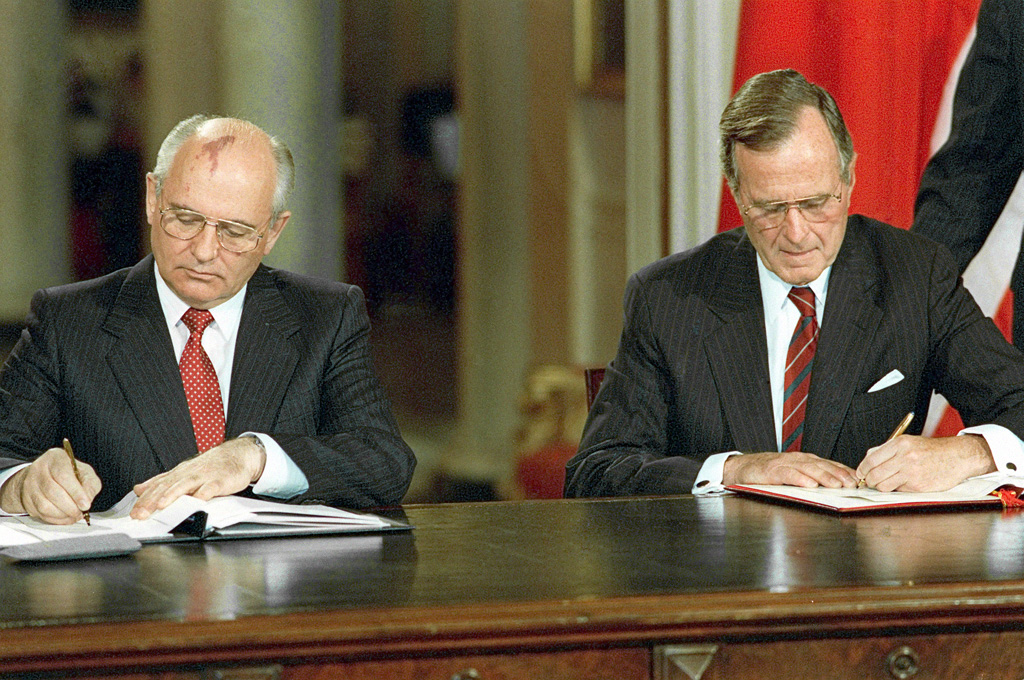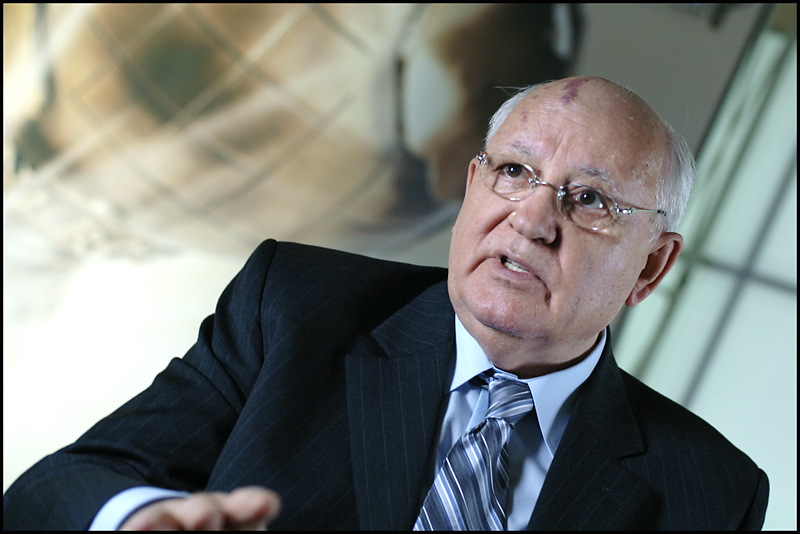The Central Clinical Hospital in Moscow announced in a statement Gorbachev died following a long illness but provided no other details.
His office had earlier said he was in hospital undergoing treatment.
Gorbachev came into power in 1985 and became the eighth and final leader of the Soviet Union before its 1991 collapse that he was unable to prevent.
He introduced political and economic freedoms and unlike past leaders, chose not to use force in 1989 for pro-democracy protests in Soviet bloc nations of communist Eastern Europe.
The protests led to the Soviet Union eventually falling apart over the next two years which Gorbachev tried in vain to stop.
“I see myself as a man who started the reforms that were necessary for the country and for Europe and the world,” Gorbachev said in a 1992 interview shortly after leaving office.
“I am often asked, would I have started it all again if I had to repeat it? Yes, indeed. And with more persistence and determination,” he said.
Gorbachev forged arms reduction deals with the United States and developed partnerships with the west to remove the Iron Curtain that divided Europe.

“He played a crucial role to end the Cold War and bring down the Iron Curtain,” she said.
“It opened the way for a free Europe.”
Kremlim spokesman Dmitry Peskov told Russia’s Interfax news agency that Russian President Vladimir Putin has expressed his condolences on the death.
He said Putin will be sending a telegram of condolences to Gorbachev’s family and friends.
Putin, who has been criticised and mildly praised by Gorbachev, had congratulated him on his 91st birthday earlier this year.
“You have lived a long, fulfilling life, and you’ve rightfully earned great prestige and recognition,” Putin was quoted as saying by the Russian state-owned TASS.
“It is gratifying that today your multifaceted work contributes to the implementation of much-needed social, educational, charitable projects, as well as to the development of international humanitarian cooperation.”
Gorbachev won the 1990 Nobel Peace Prize for his part in ending the Cold War and received more accolades in later years from around the world.
However, in Russia many blamed him and his reforms for the Soviet Union’s collapse and the subsequent social and economic crises the country endured in the early 1990s.






